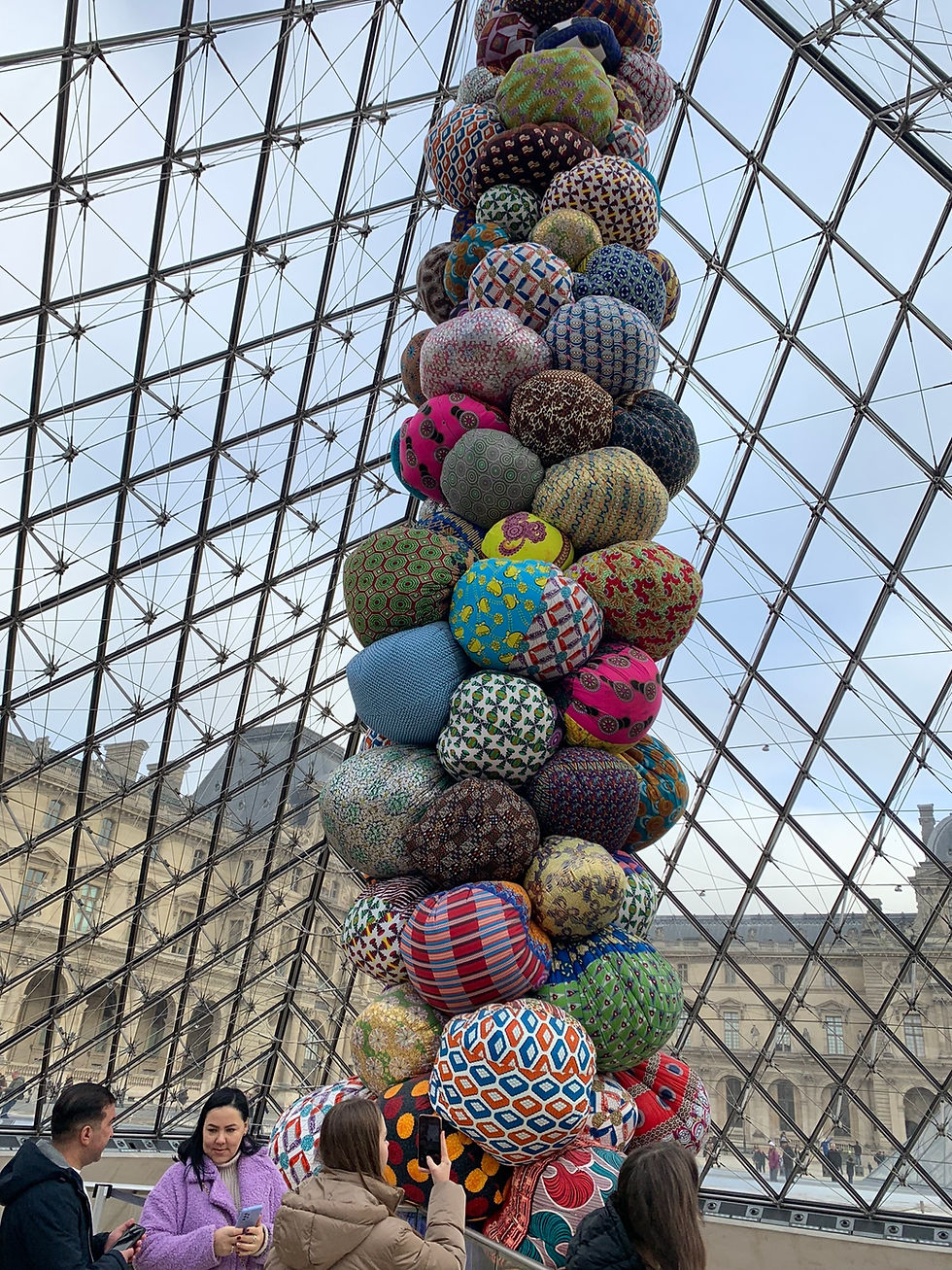Newsletter 42: Fasting and Feasting
- leon gork tour guide

- Oct 30, 2006
- 1 min read

Shalom everyone,
Last week, during Ramadan, I was discussing the Moslem fast/feast festival, over a humus lunch, with 3 visitors who I had the pleasure of guiding around Jerusalem
My tourists noticed that the city was still gaily decorated in honor of the feast.
Naturally we spoke about the different attitudes of fasting in the three religions..
One aspect of fasting is common to the three religions, namely: purification of the spirit from worldly matters; in Judaism it's the fast of the Day of Atonement, in Islam it's the daytime fast of Ramadan and in Christianity the individual takes upon himself voluntary fasts, as he feels necessary.
Judaism, however, in addition to the spiritual cleansing idea of fasting also has a national, historical idea, namely, fasts to remember tragic events in the history of the nation, like the fast of Tisha B"Av or the fast of the 17th of Tamuz etc.
Fasts and feasts seem to mingle in Islam; by alternating fasting with feasting, the Moslem fasts in the day and feasts at night.
Like day alternates with night, so the Moslem alternates between spiritual purity and national rejoicing.
It's as if Islam is saying that rejoicing can get out of hand if it's not tempered by spiritual purity.
Judaism is also careful to have safeguards against national rejoicing getting out of hand. This is done by introducing myriad blessings and prayers on days of national celebration, such as reading the Hagadah on Pesach, or saying Hallel Psalms, the blessings over wine and bread etc.
Wishing you a great No News Day.
Yours sincerely. Leon.









Comments